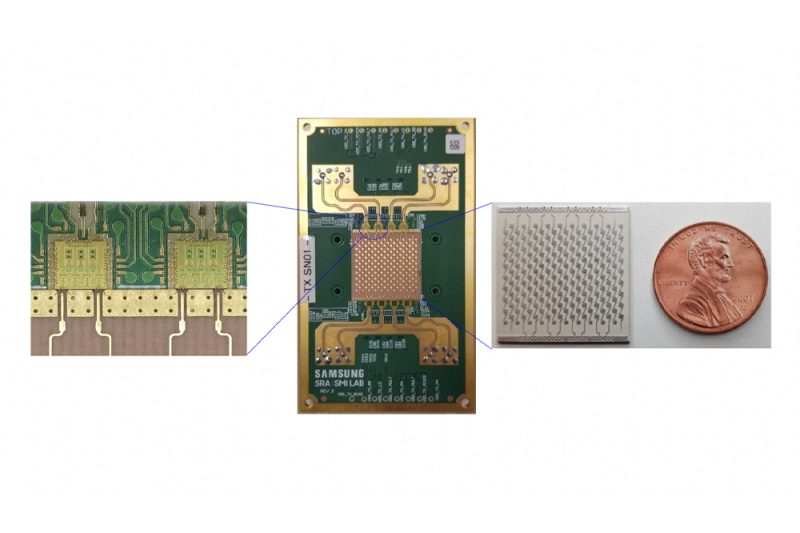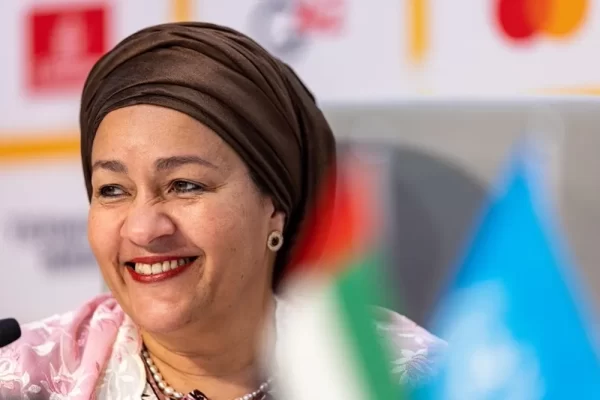DUBAI, 27 January 2022 – Advancements in technology mean organ donation could soon be replaced by 3D-printed organs, and patient diagnosis could be done remotely using technology already in our homes, according to health experts speaking at Expo 2020 Dubai today (27 January).
The topics formed part of a panel discussion at the UK Pavilion titled The Patient Journey of the Future – What Will It Feel and Look Like?, examining how the healthcare of the future might differ from today.
Daniel Crawford, Founder, Axial3D, spoke about the positive impact of 3D printing for surgeons and patients alike: “The idea of a digital twin is what we see as the future, so the ability to replicate oneself if you have been in an accident, or have cancer. We are probably closer that we think when it comes to replicating organs.”
Referring to the successful implantation of 3D-printed bladders in US patients, he said: “In 20 years, we might feasibly be able to leverage these advances to eliminate organ donation.”
Crawford also talked about the use of 3D imaging and printing as an aid to surgery: “These stacked, 2D images of 3D body parts are really hard to conceptualise, so turning them into a 3D print makes the patient’s journey easier as they can better understand what is wrong with them, and it allows surgeons to get a better understanding of how they are going to treat them.”
He explained that this reduces the time spent in theatre, a patient’s chance of infection, risk of blood loss and cost to the healthcare provider – which in the case of the UK’s National Health Service costs about GBP 60 (AED 295) per minute that a person spends in surgery.
Ongoing innovation means patients of the future can expect initial diagnosis to often happen at home, without the presence of a doctor, by making the most of the technology in our homes.
Digital health futurist Maneesh Juneja said: “We have smart speakers in our home that we use to find out the weather, or to tell us a joke, but researchers are saying could we build algorithms that take that voice data and detect early signs of Alzheimer’s. Then there is the digital footprint we leave on social media. The technology is already in our homes and we don’t even realise. So I think by 2030, people will have far more sensors and will be far more comfortable being tracked by their doctors remotely.”
Professor George Crooks, Chief Executive Officer, Digital Health & Care Innovation Centre, said some of this idea of self-testing is already here, with 85 per cent of the UK population regularly carrying out lateral flow tests: “It is point of care testing, ordered online, delivered seamlessly, where we carry it out ourselves, then act on the result – who would have thought that would happen just two years ago? That future world we are talking about is here today.”
The panel had varied views on the place that machines would have in future healthcare, with Crooks keen to reassure patients that machines will not be replacing humans: “Some patients are concerned we are going to use machines to engineer people out of the healthcare process, and that couldn’t be further from the truth. What we are trying to do is make those skilled professionals more accessible to those who need them, when we need them, where we need them.”
But Juneja argued that patients might prefer to see those machines in coming years: “The babies being born today who will become the patients of the future – will they prefer to interact with a machine … rather than a human being that may judge them? We are making assumptions on the here and now, based on what we have seen in a pre-digital era, but what will people want in 10 to 20 years’ time?”
The session – which was chaired by Claudia Pagliari, Senior Researcher, The Usher Institute, and also featured Leeann Monk-Özgül, Operations Director and Co-Founder, Elemental Software – was part of the first day of Expo 2020 Dubai’s Health and Wellness Week, which continues until 2 February.

























